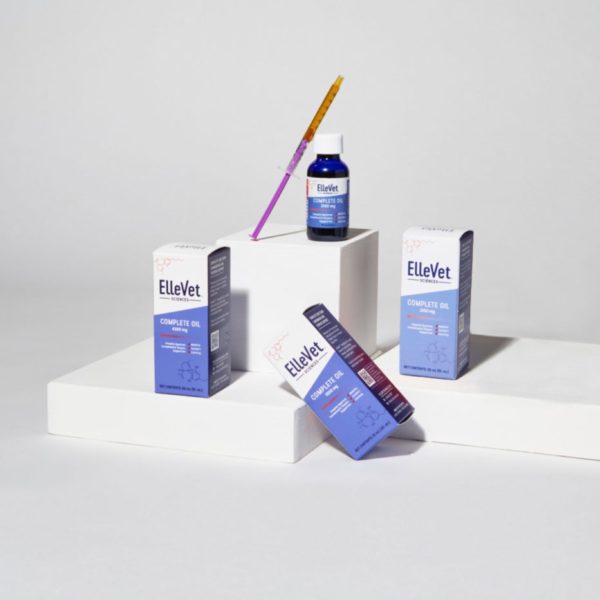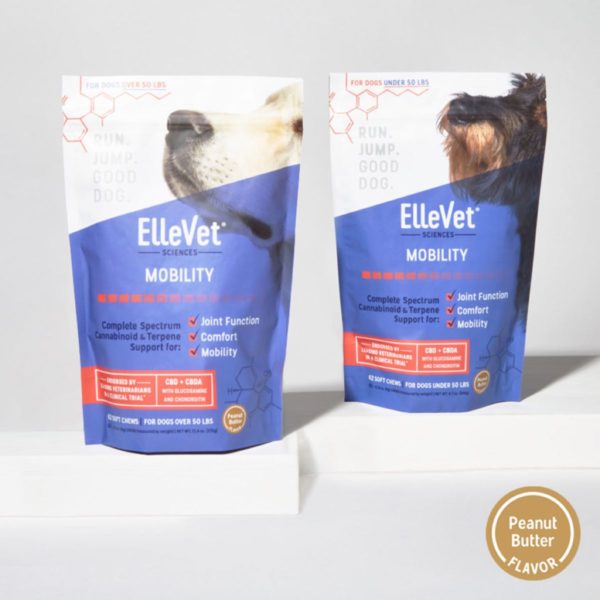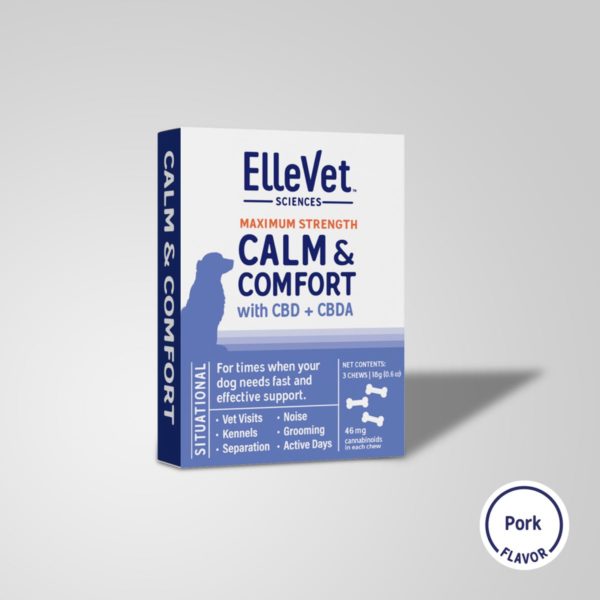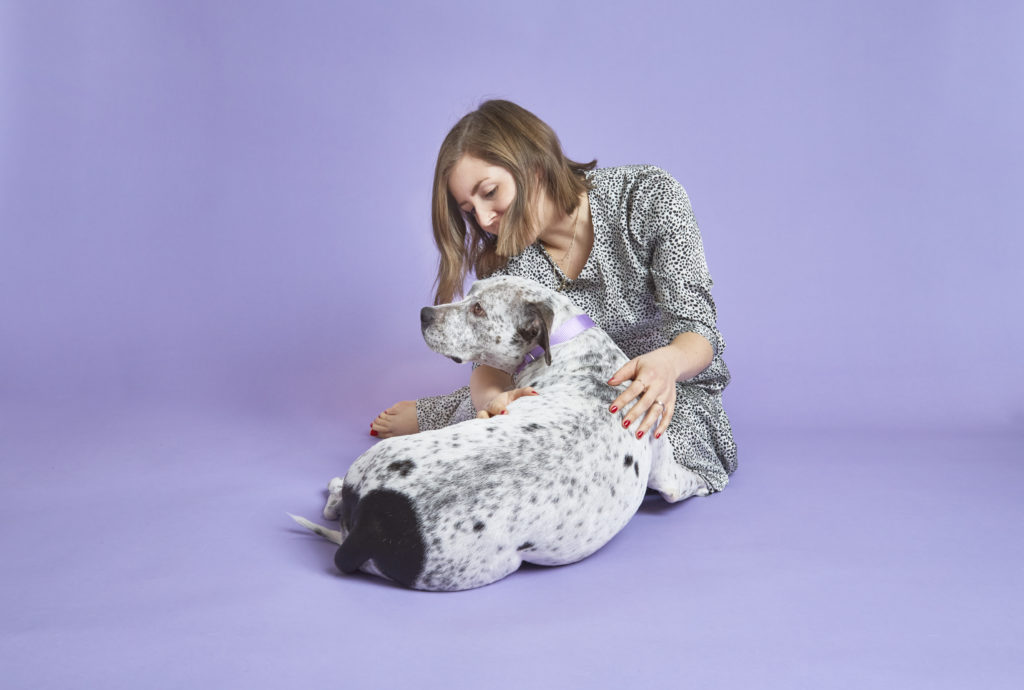Summertime is an optimal time for pet and pet parent bonding through various outdoor activities. The warm weather brings endless opportunities for swimming, hiking, and outdoor play with the whole family. However, it is also the most common time for your dog to develop hot spots, especially those who like to chase the children into the lake or pool. Dogs with longer fur are particularly prone to hot spots, but they can become a pesky discomfort for any dog. Below are some tips and tricks for ensuring that your dog stays happy and healthy all summer long.
What are Hot Spots?
Hot spots–or areas of a dog’s skin that have become infected and inflamed–are of particular concern during the warmer summer months. Hot spots occur for a number of reasons but especially for long-haired (or double-coated) dogs, moisture can become trapped in their coat during the summer when trying to cool down swimming or simply from humidity in the air. Also, bugs are much more common in the summer months and can cause your dog irritation. While common during the summer, hot spots can occur whenever and should always be watched for. Hot spots are self-inflicted; dogs who experience itching or boredom can accidentally create an open wound on their skin. Unfortunately, these wounds are irritating and itchy themselves leading to a harmful cycle for your pup. Luckily, hot spots are fairly easy to treat and go away quickly if treated correctly.
What to Look for:
- Red, raw spots on your dog’s skin
- Oozing
- Swelling
- Hair loss
- Bleeding
- Areas that your dog is constantly scratching
- Can be found anywhere but mostly on the head, legs, and hips
- Spots that start small and grow rapidly
What You Should Do:
- Go to the vet
- Be diligent about the treatment plan prescribed by the vet
- Consider prevention techniques
- Be sure to dry off your dog after they get wet (from rain, swimming, bathing, etc.)
- Exercise and play can be helpful for bored dogs
- If you are unable to get to the vet quickly, use an e-collar if you have one, clean the area with antibacterial shampoo, and monitor the wound, otherwise avoid home remedies as much as possible
How Ellevet can Help:
Treatment will likely include some type of oral or topical medication prescribed by a veterinarian. Understanding the underlying cause of your dog’s hot spot is important for future prevention. Sometimes hot spots can be caused by irritation or stress which can be remedied by ElleVet products. Make sure to always check with your vet before using these products.
-
 ElleVet Hemp CBD + CBDA Oil For Dogs$70.00 – $229.95
ElleVet Hemp CBD + CBDA Oil For Dogs$70.00 – $229.95 -
 ElleVet Hemp CBD + CBDA Chews$79.95 – $89.95
ElleVet Hemp CBD + CBDA Chews$79.95 – $89.95 -
 ElleVet Hemp CBD + CBDA Soft Gels$39.95 – $139.95
ElleVet Hemp CBD + CBDA Soft Gels$39.95 – $139.95 -
 ElleVet Calm and Comfort Chews$14.95
ElleVet Calm and Comfort Chews$14.95

